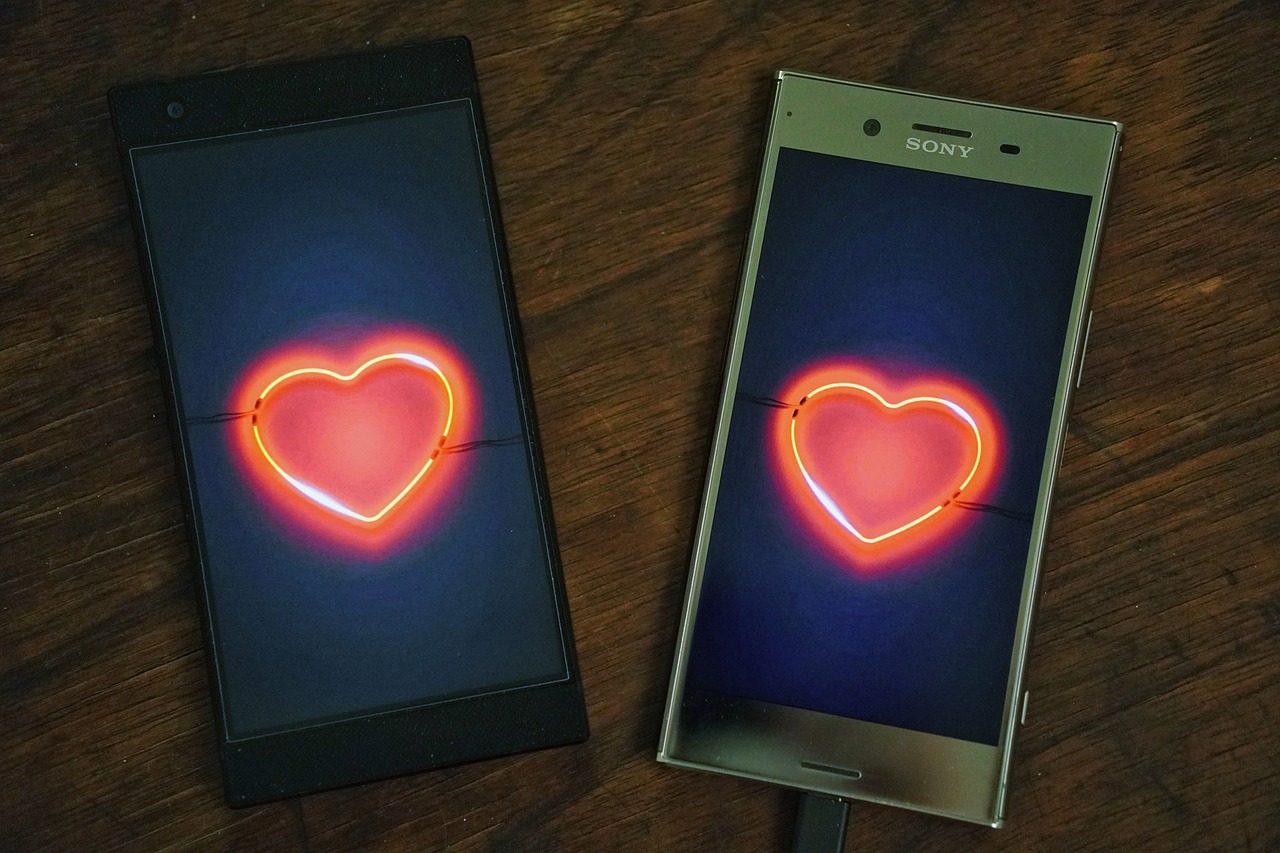Over recent months, we have all been treated to the usual barrage of incomprehensible adverts for perfumes. Over the coming weeks there will be an abundance of commercials for special diets, gym memberships and exercise equipment as well as holiday companies showing golden beaches, cruise-liners and beautiful scenery from exotic parts of the world. It’s always the same just after Christmas. As Ecclesiastes 1:9 says, “What has been will be again, what has been done will be done again; there is nothing new under the sun.”
Last year, my personal favourite adverts were the ones produced by Currys. Instead of expecting the audience to do lots of hard work trying to unpick pretentious concept art, they revived the “funny advert” genre. Maybe you saw the series of three “laptop rage” adverts released in late summer – one showing a salesman using a trick from the film “Crocodile Dundee” to calm a raging customer, and my personal favourite showing a team of shop-floor staff coming alongside the distraught laptop owner in a group therapy session. (Look up “Currys Laptop Rage” on YouTube if you want to see.)
The most recent advert is titled “IRL” (short for “In Real Life”). The advert puts some “die-hard online shoppers” in a physical store, hoping they might “remember the benefits of buying their tech ‘IRL.’” At one point the narrator explains it can be a little overwhelming for such people because “they miss all the scrolling and zooming and clicking.” The images accompanying this voiceover are of a woman walking along a shelf of kettles, “swiping” them to the left like she might on a mobile phone screen (but because it is IRL, knocking them off the shelf). It’s absurd, and therefore quite amusing. But perhaps it is raising some sensible and serious questions about the “swipe left/right” culture.
More and more people are being introduced to romantic partners online. Indeed, I’ve married a few couples who met online. For them, the online mechanism created an opportunity to meet someone special that IRL wasn’t providing. We can surely acknowledge that for them, this is a good thing. But some social scientists are concerned that online dating is dangerously like online shopping. Online, we can scroll through hundreds of similar products in a few minutes before choosing which, if any, to buy. We are often left with the feeling that we should have scrolled a bit further – that the ideal product was on the next page, or that it will be made available soon. If we are on a dating app, scrolling through prospective partners in the same way, we could easily find ourselves thinking that the match we have made isn’t quite right after all, and that we should keep looking. It doesn’t take a genius to know that’s not good for relational faithfulness. The “shopping-like” process risks us objectifying our partners – turning them into commodities we can exchange or discard at will. It’s certainly a far cry from meeting at the village dance, at work or through a mutual trusted friend.
As the New Year begins and many people resolve to live differently, perhaps we would all do well to reflect on how our online habits are shaping our offline expectations. And if we only do one new thing in 2025, let us all strive to build and nurture strong relationships IRL.
May the Lord bless you through 2025.
